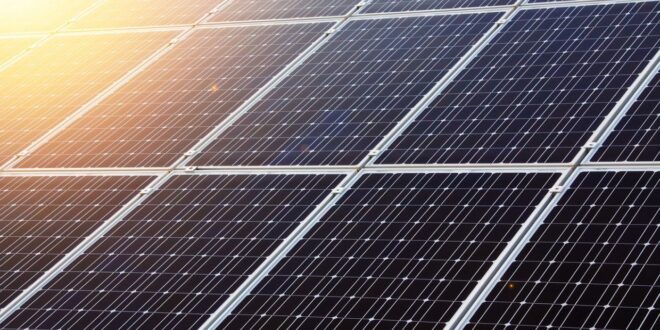KOTA KINABALU: Renewable energy such as solar power is the way to go for Sabah in view of the constant electricity disruption in the state, says Datuk Frankie Poon.
The Tanjong Papat assemblyman said in the peninsular and Labuan, the Tenaga Nasional Berhad (TNB) had assisted its customers in installing solar panels on an instalment basis.
“Why can’t Sabah Electricity Sdn Bhd (SESB) avail the same benefits to Sabah homes? This will certainly help to reduce electricity bills for each home,” he said in a statement, Tuesday (Jan 16).
Poon said the Energy Commission of Sabah (ECoS) should encourage rooftop solar panel use as it is in Peninsula Malaysia and the Federal Territory of Labuan.
Due to the shortage of power supply to both current consumers and potential investors, renewable energy, in particular solar power, is a good way to supplement the power supply, he said.
“I hope ECOS would take note of the serious situations facing Sabah and take quick action to draw up friendly regulations to speed up installations of solar panels,” he said.
Poon said this during a courtesy visit to the new Manager of SESB of Sandakan where issues including load shedding in the district were discussed.
He said the load shedding currently experienced in Sandakan was an inconvenience to many.
“I urged the new manager to find ways to minimise the load shedding as this is having a serious financial impact on the affected community. It has also caused much inconvenience to many,” he said.
“We also discussed the installation of solar panels on rooftops of residential buildings and industries and commercial buildings,” added Poon.
He said the Fit-in Tariff, a policy tool designed to promote investment in renewable energy sources, has been removed from Sabah since 2017-2018.
He said the Net Energy Metering (NEM) which was applied in 2019 (only three takers recorded) is also no longer available in Sabah.
Poon said with NEM, whatever is produced by a household that has solar power installed, will be fit into the SESB system, and will be utilised later by the same household in the evening when owners return to their homes.
He said this will help reduce the cost of electricity for both residents as well as generate more electricity for use by others including the industries.
“If this installation for whom it is used is allowed without having a licence from the commission, then you will help to encourage more residents or users to actually install all this power solar panel to their rooftop,” he said.
“For example, if one household is allowed to install 24 kilowatts of electricity, 1,000 households will produce 24 megawatts of electricity and this will certainly help to build up the energy reserve for our state,” said Poon.
He said the government just needs to have proper regulations with regard to the installation of solar panels on every household or industrial building’s rooftop.
 BeritaKini.biz Berita Viral Terkini di Malaysia
BeritaKini.biz Berita Viral Terkini di Malaysia





